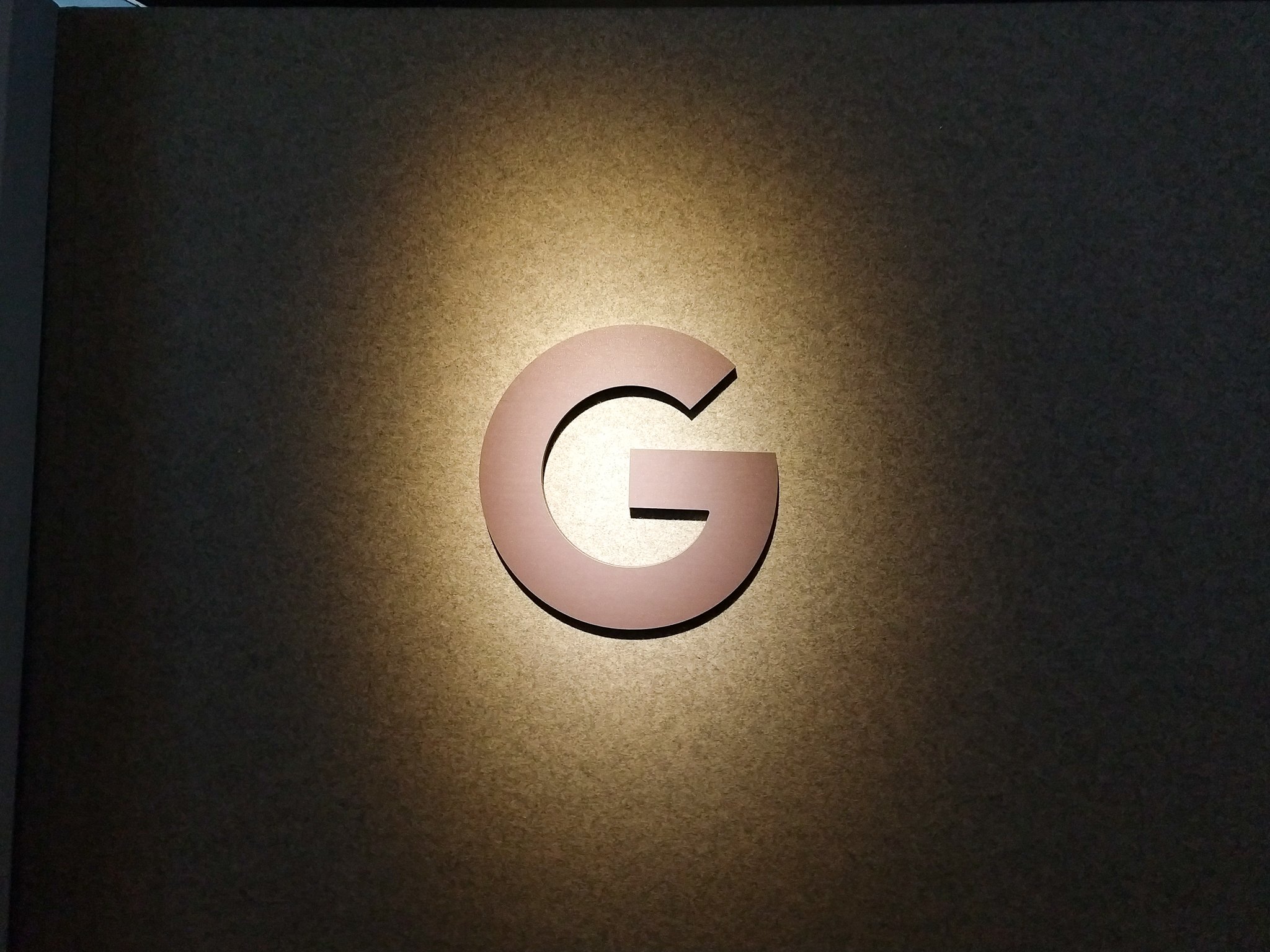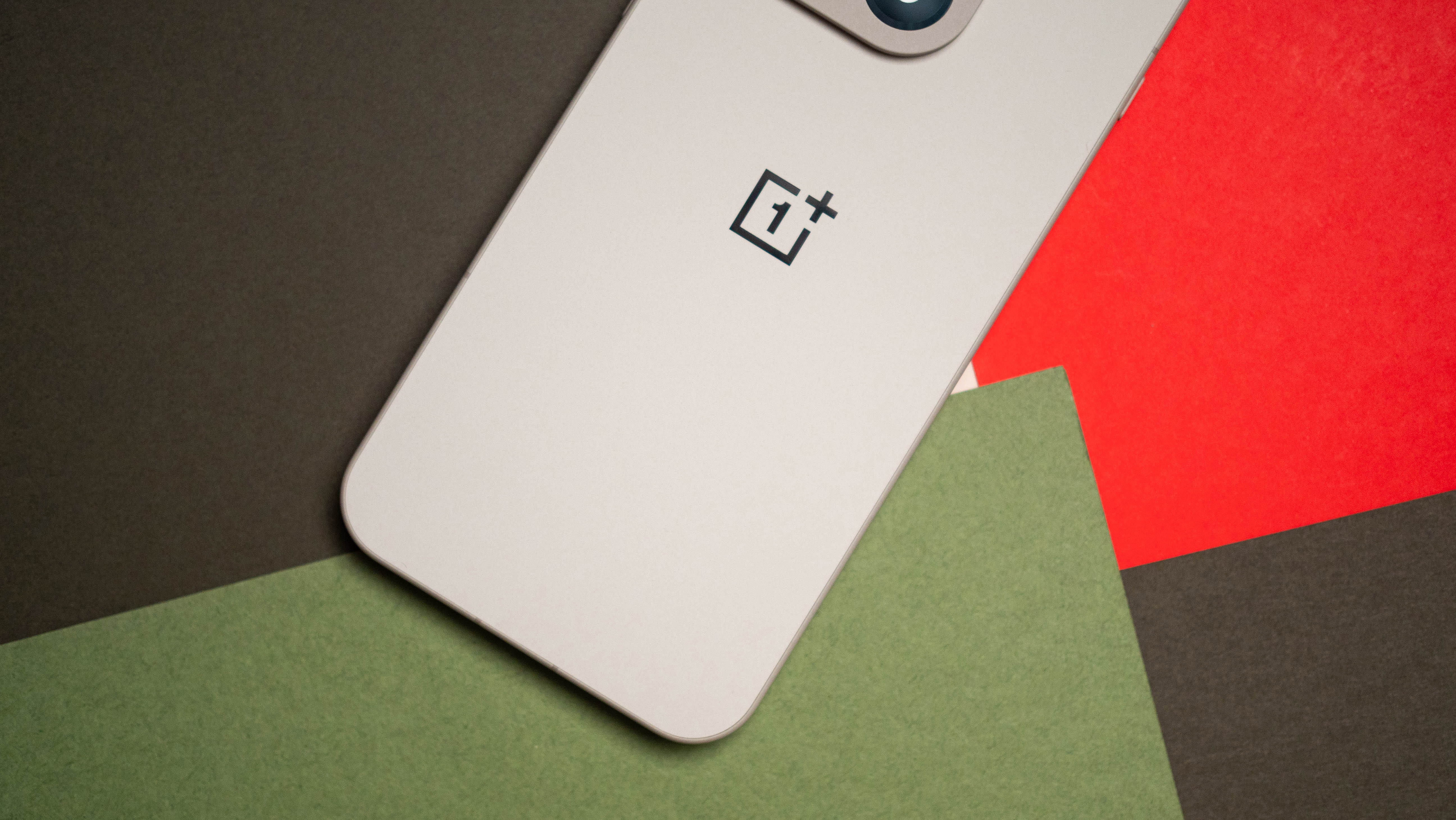The U.S. government has filed an antitrust suit against Google after a year-long probe

Update, October 20 (10:15 am ET): The Justice Department has filed a lawsuit against Google alongside 11 other states.
Update, October 20 (10:30 am ET): Google called the lawsuit 'deeply flawed' in a Twitter response.
What you need to know
- The Justice Department will file a suit against Google over anti-competitive policies.
- It will allege that Google uses unlawful tactics to suppress competitors.
- It will also delve into the Android platform and Google search integration.
The U.S. government is filing an antitrust complaint against Google over its anti-competitive practices. The suit has been long in the making, with Reuters previously expecting that it would arrive at the tail end of September. Like an unwelcome dinner guest, the day Google has no doubt been dreading has finally arrived.
Citing multiple sources, The Wall Street Journal reported on Tuesday:
The department will allege that Google, a unit of Alphabet Inc., GOOG -2.44% is maintaining its status as gatekeeper to the internet through an unlawful web of exclusionary and interlocking business agreements that shut out competitors, officials said. The government will allege that Google uses billions of dollars collected from advertisements on its platform to pay mobile-phone manufacturers, carriers and browsers, like Apple Inc.'s Safari, to maintain Google as their preset, default search engine.The upshot is that Google has pole position in search on hundreds of millions of American devices, with little opportunity for any competitor to make inroads, the government will allege.Justice officials said the lawsuit will also take aim at arrangements in which Google's search application is preloaded, and can't be deleted, on mobile phones running its popular Android operating system. The government will allege Google unlawfully prohibits competitors' search applications from being preloaded on phones under revenue-sharing arrangements, they said.Google owns or controls search distribution channels accounting for about 80% of search queries in the U.S., the officials said. That means Google's competitors can't get a meaningful number of search queries and build a scale needed to compete, leaving consumers with less choice and less innovation, and advertisers with less competitive prices, the lawsuit will allege.
Google has yet to comment on the current situation, but during the investigation, the firm had issued the following statement through a spokesperson:
Our focus is firmly on providing services that help consumers, support thousands of businesses and enable increased choice and competition.
Google will likely issue a similar statement as it challenges the case in a court battle that analysts expect will last years.
The U.S isn't the only country investigating Google over its business practices. As Google has grown larger and more extensive in spoke, governments from Europe and Asia have taken a keen interest ion how Google manages its affairs and how the company uses its influence to protect its market share. Google's Fitbit purchase was held up by antitrust concerns in the EU, and China is planning to launch its own probe on the company, while India delves into Google's Android TV dominance. It's safe to say the company is facing pressure from all sides.
Get the latest news from Android Central, your trusted companion in the world of Android
Update, October 20 (10:15 am ET) — The DOJ has filed its lawsuit against Google
The Justice Department has filed a lawsuit against Google, alleging violations of antitrust law. As reported by CNBC, it has been joined by 11 states with Republican attorneys-general including Arkansas, Florida, Georgia, Indiana, Kentucky, Louisiana, Mississippi, Missouri, Montana, South Carolina and Texas, The case comes after a year-long probe into Google's search and advertising businesses.
Update, October 20 (10:30 am ET) — Google calls the lawsuit 'deeply flawed'
Google responded to the antitrust lawsuit on Twitter, calling it "deeply flawed." The company will issue a full statement later in the day.

